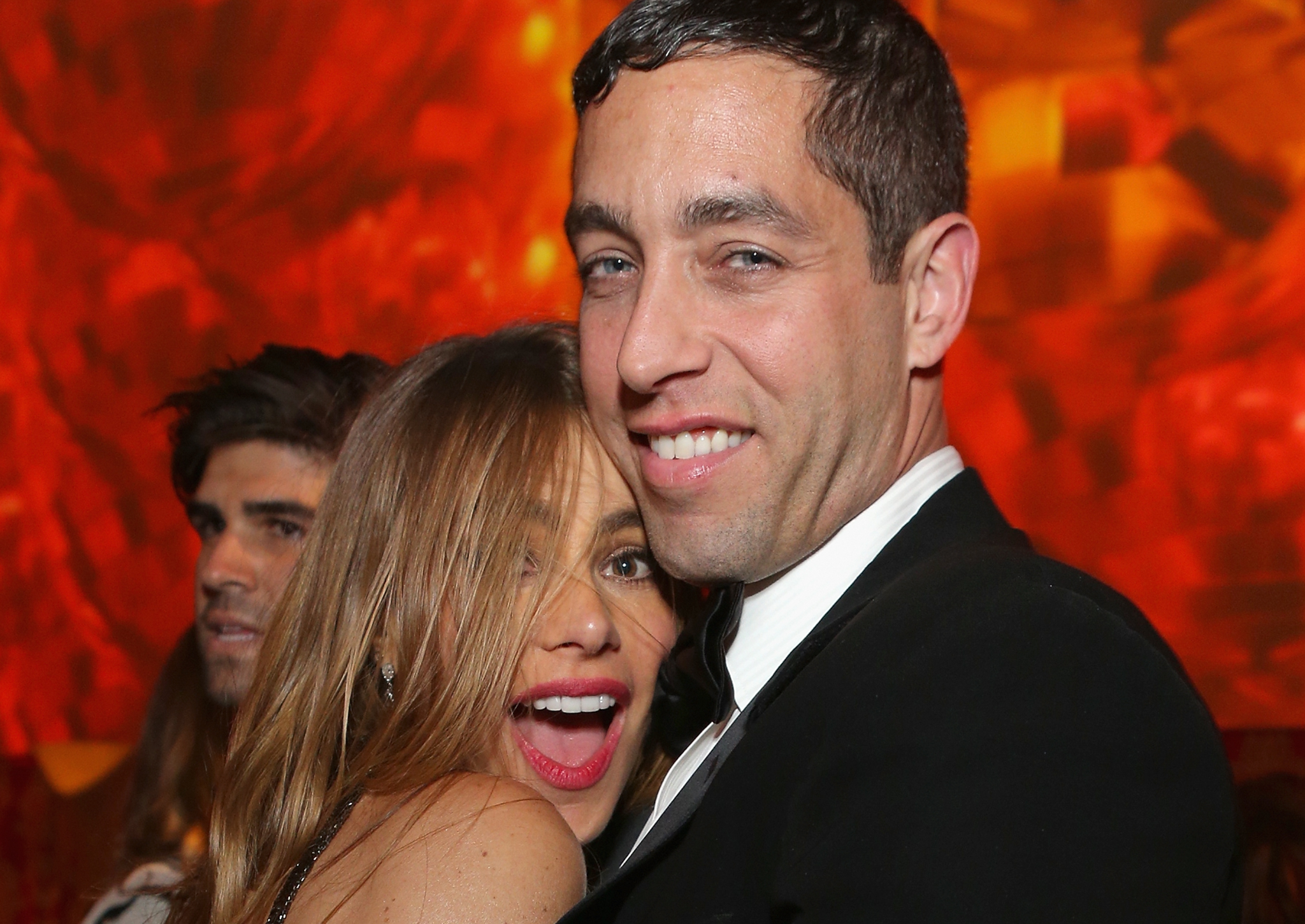We might soon be able to grow babies outside the womb – and as someone who never wanted kids myself, I applaud it
In the USA, Modern Family actress Sofia Vergara and her ex-fiancé Nick Loeb are embroiled in a bitter legal battle over frozen embryos which were created using his sperm and her eggs when they were in a relationship – and we’re likely to see similar court battles in future


Your support helps us to tell the story
From reproductive rights to climate change to Big Tech, The Independent is on the ground when the story is developing. Whether it's investigating the financials of Elon Musk's pro-Trump PAC or producing our latest documentary, 'The A Word', which shines a light on the American women fighting for reproductive rights, we know how important it is to parse out the facts from the messaging.
At such a critical moment in US history, we need reporters on the ground. Your donation allows us to keep sending journalists to speak to both sides of the story.
The Independent is trusted by Americans across the entire political spectrum. And unlike many other quality news outlets, we choose not to lock Americans out of our reporting and analysis with paywalls. We believe quality journalism should be available to everyone, paid for by those who can afford it.
Your support makes all the difference.As definitions of sexuality now include the term “fluid”, we may also have to rethink what it means to be a mother. In the future, wombs (and even eggs) might be redundant. In a scientific breakthrough that experts have thought impossible for centuries, British scientists have produced baby mice from skin cells rather than eggs. Blending DNA, they managed to create a foetus which developed into a normal, healthy animal.
In the not-too-distant future, it will be possible for a foetus to be reared in an artificial womb rather than inside a female body. These developments will surely appeal to gay couples, older women and those who are medically unable to have children (through age, infertility and as a result of chemotherapy), even though what works with mice might take decades to develop for humans.
Even so, traditional notions of motherhood have changed forever. With the advent of civil partnerships and gay marriage, same-sex couples are redefining parenting. This new generation of parents are creating their families using surrogates, friends or paid baby carriers. They are using eggs from donors they have carefully selected and mixed with their own sperm, carried by someone who might treat that task as a paid job, not a lot different from running an office or working in a shop.
Many surrogates or “baby carriers” will lose all contact with the child after the birth. The children of these unions are no less loved or cherished because they have two daddies or two mummies or two parents who aren’t even in a relationship but are buddies.
As someone who didn’t want to reproduce, I am thrilled that so many gay people and single women want to be parents. Over the last decade all sorts of social and moral barriers are being swept aside by people who are determined to have a family of their own, whatever it takes. There have been important court victories allowing women to use their dead partner’s sperm in order to have a baby. Older women are carrying children for their daughters or their friends. Career women are freezing their eggs so that they can delay when to have a child, and hope that a suitable father comes along – and if not, they will buy sperm from a suitable donor. The upper age limit for carrying a child is rising all the time.
Along with all this freedom of choice brought by medical science, there are some potential problem areas. What happens when a couple go through IVF and freeze embryos and then break up? Who has the right to claim that embryo as their own? In the past, a woman could claim she should have the final say, because she would be carrying the baby to term. Now, with the increased use of surrogates and new science which might allow babies to be “grown” outside the human body, the answer is not so simple. Yes, that child might be composed of a man and a woman’s DNA, but who should have the right to say it should be destroyed?
In the USA, Modern Family actress Sofia Vergara and her ex-fiancé Nick Loeb are embroiled in a bitter legal battle over frozen embryos which were created using his sperm and her eggs when they were in a relationship. Loeb is claiming custody and wishes to implant them in a surrogate and is fighting for the chance to be a father.
Advances in DNA are throwing up all sorts of unsavoury abuses at fertility clinics. A retired doctor at one of these establishments in Indianapolis is accused of using his own sperm to father up to 50 children, claiming he did it because there was “no fresh sperm available” and the women who used the clinic “really wanted a baby”. Some of his offspring have been able to match their DNA through saliva samples and discover siblings they were totally unaware of. The doctor has been charged with fraud and violating the principle of informed consent.
We are entering a brave new world, and there are bound to be horror stories, but three cheers for anyone who wants to bring up kids. The vast majority will probably be far better at it than my ill-matched (heterosexual) parents.
Join our commenting forum
Join thought-provoking conversations, follow other Independent readers and see their replies
Comments